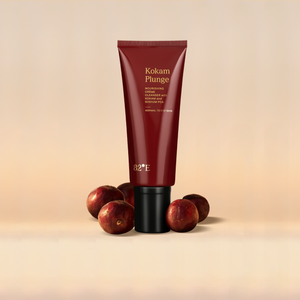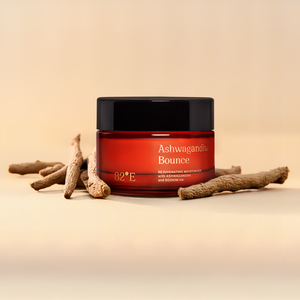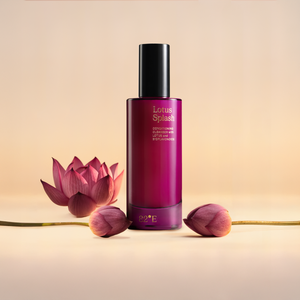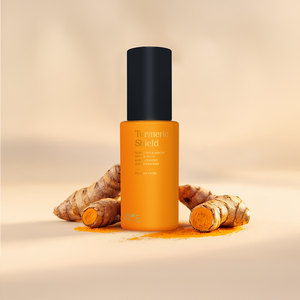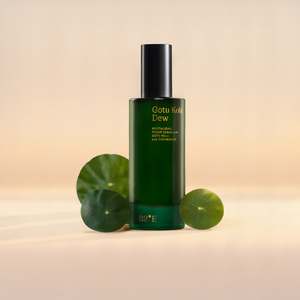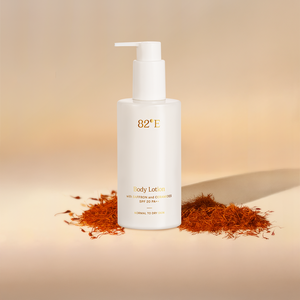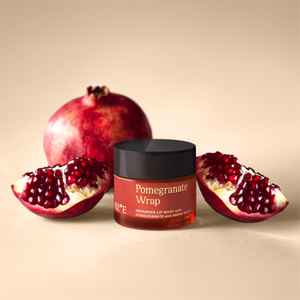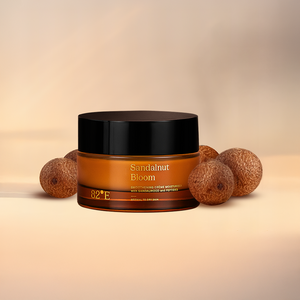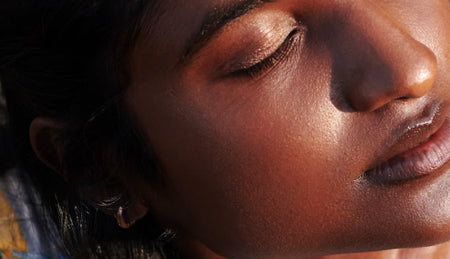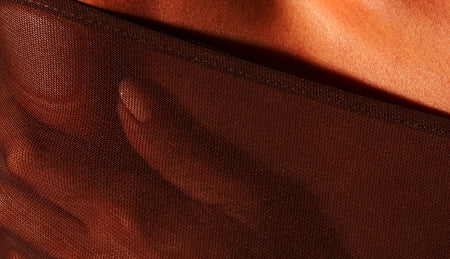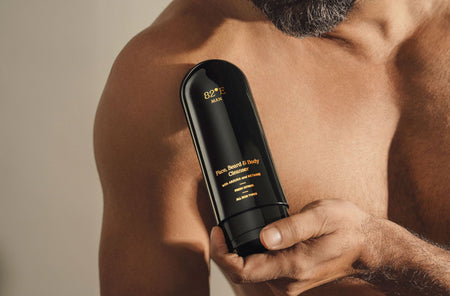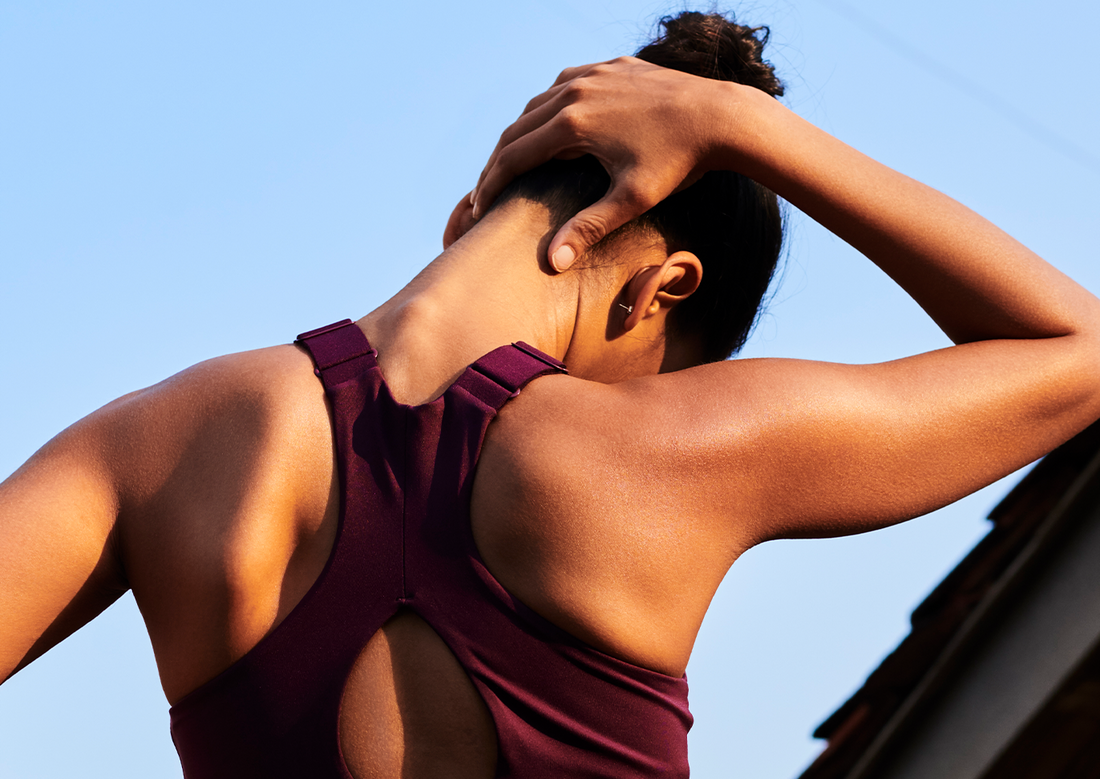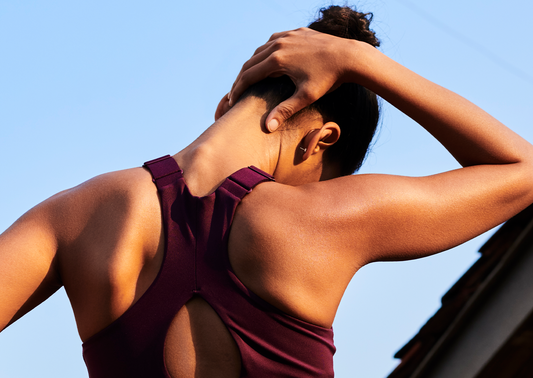
We all know the importance of using sunscreen during the summer. But what about when it is cold, cloudy, or raining? There are several misconceptions and common myths we may all be guilty of believing.
“If you use sunscreen to protect yourself, it’s essential that you use it correctly or it will not protect you from sunburn, skin aging, and skin cancer,”
said dermatologist Mark D. Kaufmann MD, FAAD, president of the American Academy of Dermatology.
That’s why we’ve answered the most common FAQs about sunscreen usage, vetted by our R&D team Dr. Rachna Rastogi and Anjali Gholap.
Q1. Why do I need sunscreen?
A: Contrary to popular belief, sunscreen isn’t just a summer essential. Its importance extends far beyond those sun-drenched days at the beach. Sunscreen acts as your skin’s shield, blocking harmful ultraviolet (UV) rays that cause premature ageing, and skin damage.
Q2. How does sunscreen work?
A: Sunscreen protects your skin by using active ingredients such as chemical (organic) and physical (inorganic) filters to absorb harmful UVA and UVB rays.
When you apply sunscreen, the active ingredients form a protective layer on the skin. This layer absorbs or reflects the UV radiation, preventing it from reaching the deeper layers of the skin where it can cause damage.
Q3. What is SPF, and why is it important?
A: SPF stands for Sun Protection Factor. It measures the amount of UVB radiation protection a sunscreen provides. Higher SPF factors mean more protection. However, no sunscreen can block 100% of UV rays. For example, a sunscreen with SPF 30 blocks 97% of UVB rays, while SPF 50 blocks 98%.
Q4. What SPF level is right for me?
A: It has been recommended to use sunscreen with SPF 30 or higher. If you have fair skin or are prone to certain skin problems, you’ll benefit from more SPF in your sunscreen. Regardless of the SPF, apply sunscreen every two hours after swimming or sweating.
Q5. Can I use sunscreen daily?
A: The answer is a resounding yes. Dermatologists recommend applying sunscreen every day, regardless of the weather or season. Daily sunscreen usage forms a protective barrier on your skin, shielding it from the harmful effects of UV rays.
According to the Skin Cancer Foundation, “the best practice is to apply 30 minutes before venturing outside to allow the sunscreen to bind to your skin. Reapply every two hours and immediately after swimming or excessive sweating.”
Q6. Do I need sunscreen even when it’s cloudy?
A: It is commonly perceived that sunscreen isn’t important when you can’t see or feel the sun.
However, according to the Skin Cancer Foundation, “Even when it’s cloudy, up to 80 percent of the sun’s UV radiation reaches the earth. Going unprotected on an overcast day can lead to skin damage.”
Therefore, wearing sunscreen is just as crucial under a cloud-filled sky as on a bright sunny day.
Q7. Can I use sunscreen in the rainy season?
A: Yes! The idea that you don’t need sunscreen during rainy or cloudy days is misleading. Even on an overcast day, your skin is exposed to harmful UV rays, which can cause skin damage. The wet conditions of the monsoon can also strip away your sunscreen faster. Thus, reapplication is even more crucial.
Q8. What are ceramides? Why are ceramides essential in sunscreens?
A: Ceramides are lipid molecules that help form the skin’s barrier and retain moisture. In sunscreens, ceramides can help keep your skin hydrated and enhance the skin’s protective barrier when you’re exposed to the sun. Each of our sunscreens contains ceramides alongside a powerful Indian ingredient. For example, Turmeric Shield sunscreen contains turmeric and ceramides that protect against skin damage caused due to sun exposure.
Q9. How do I decide between sunscreen serum, sunscreen gel, and sunscreen drops?
A: The choice between sunscreen serum, sunscreen gel and sunscreen drops often comes down to your skin type and personal preference. All three can offer sun protection if used correctly.
Serums are usually lightweight and good for normal and dry skin. Gels are often preferred for oily or acne-prone skin, while drops work best for dry skin.
Q10. How does humidity affect how sunscreen works?
A: Humidity itself doesn’t directly affect the ability of your sunscreen to provide protection against UV rays. However, increased sweating in humid conditions can cause sunscreen to wash off more quickly. This makes frequent reapplication of sunscreen crucial.
Q11. Is there a specific type of sunscreen that’s better for rainy or humid conditions?
A: Water-resistant or gel-based sunscreens are better for rainy or humid conditions. They are less likely to be washed off with rain or sweat. Always look for ‘broad spectrum’ on the label to ensure the product protects against both UVA and UVB rays.
Q12. What does PA+++ on your sunscreen mean?
A: Sunscreens with PA+++ indicate that they are broad-spectrum sunscreens that protect against skin damage caused by UVA and UVB rays.
Q13. Can pregnant or lactating women use sunscreen?
A: Sunscreens are typically safe for use. However, if you’re pregnant or lactating, we recommend consulting your doctor before trying a new product.
Q14. How do I use sunscreen properly?
A: Since you know that you should use sunscreen daily, incorporating it seamlessly into your routine is crucial.
- Start by choosing a broad-spectrum sunscreen with at least SPF 30.
- Apply the required amount of sunscreen on exposed skin at least 15 minutes before stepping outdoors.
- Don’t forget to spread your sunscreen over often overlooked areas such as the ears and back of the neck.
- Keep applying sunscreen every two hours or more frequently if you’re swimming or sweating.
Q15. Is using sunscreen sufficient for complete protection against the sun?
A: Sunscreen is just one part of a complete sun protection strategy. However, it is equally important to avoid the sun during peak UV hours (if possible), wear protective clothing, and seek shade.
